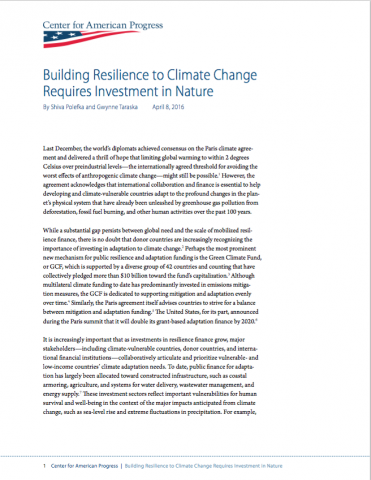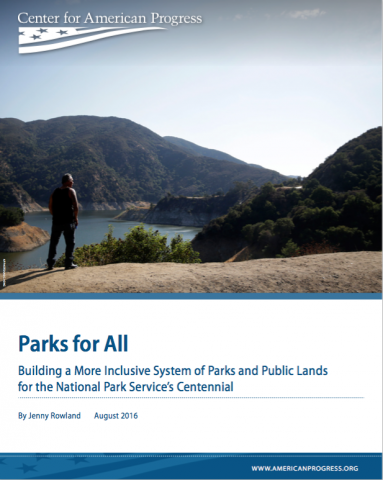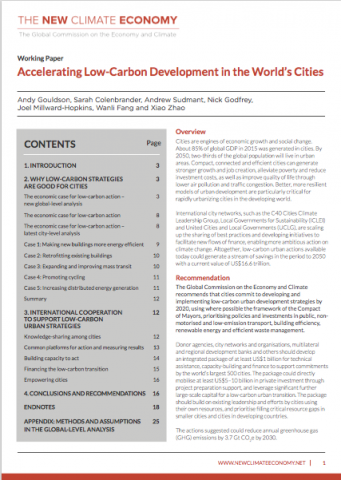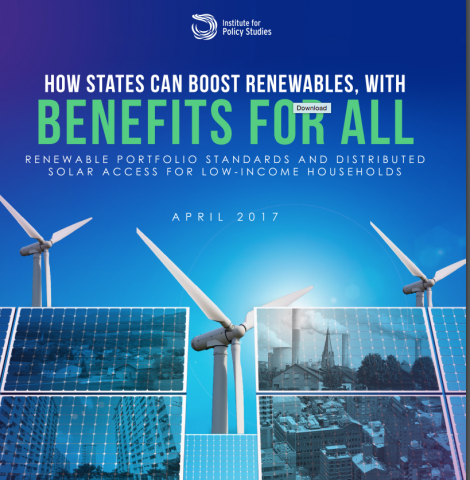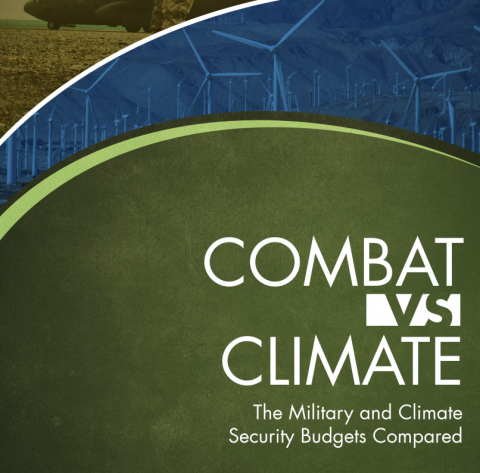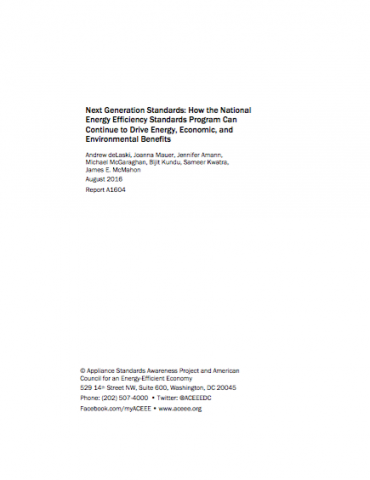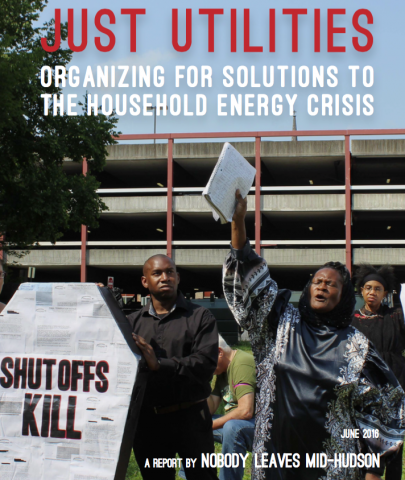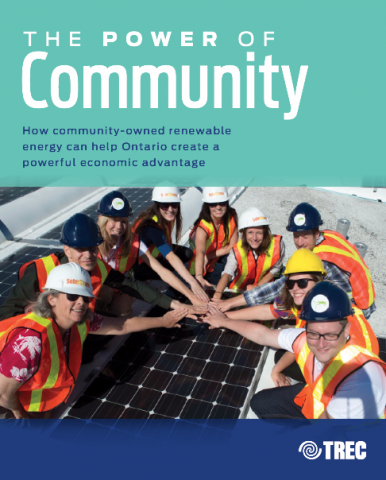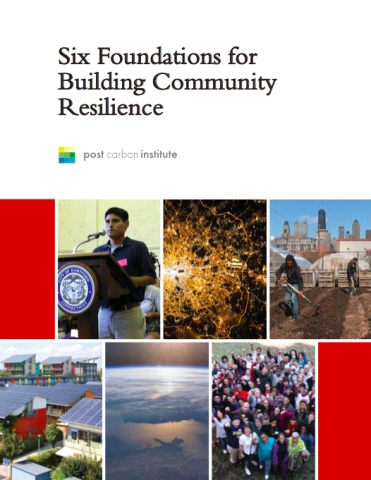The Center for Higher Education Policy Analysis (CHEPA) at USC conducted a three-year study to determine the impact, potential, and pitfalls of Individual Development Accounts (IDAs) in helping low-income students gain access to and find success in higher education. This website is dedicated to their findings and provides various other resources and publications for policy stakeholders. In addition to research, the website offers information on how to start an education IDA and best practices.
